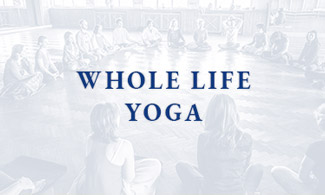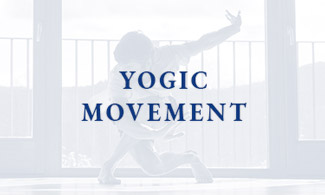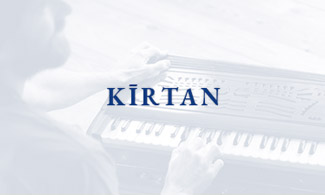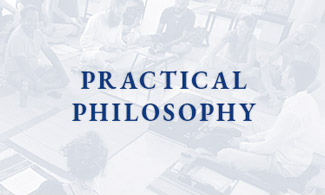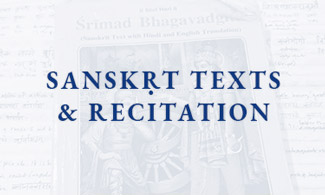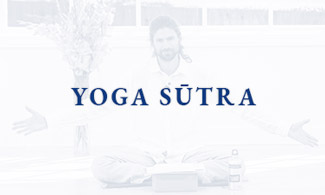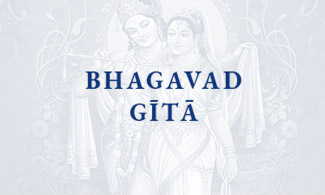
Y-O-G-A L-O-V-E P-R-A-G
Love is one of those words that can make people uncomfortable. It means so many different things to so many different people. And yet even though the word may be worn out, spread in its use over far too wide a range of feelings and meanings, it still points many of us towards a phenomenon of great power and wonder.
Another not so dissimilar four-letter-word that may be in danger of overuse is ‘yoga’. However, the teachings of the yoga tradition remind us explicitly to guard against falling into the trap of thinking that it’s the ‘letter’ of the teachings that counts. The teachings themselves make clear that the linguistic formulae, the verses, the stories, the philosophical presentations; all of these are just meant to be indicators that can usher us towards an experience that is beyond words.
Beautifully though, the written teachings of the yoga tradition offer so many practical pointers and robust references to help us move in this direction. The path of yoga is broad and inclusive, offering us so many different presentations of the teachings and so many different ways to practice. But basically, all these practices are designed to cultivate our innate capacity to be PRESENT. The idea being that once we are able to be fully present in each unfolding moment, we will recognise our ultimate essence. Freed from the burden of the past, and anxieties about the future, we can just be, residing in the present (sat) conscious (cit) fullness (ānanda) that we really are.
This is where ‘love’ can be helpful. When I think of love as a practical tool on the yogic path, I think of another four letter word: PRAG, P-R-A-G: Presence – Receptivity – Awareness – Gratitude.
I’m reminded of this by Prague, the beautiful, golden capital of Bohemia. In the Czech language, Prague is ‘Praha’, which means ‘threshold’ in English: that junction, or crossing point, where we can pass from one state to another.
Yoga is also a junction, the place where seemingly opposed values, such as sthira, (steadiness) and sukha, (ease) can meet and set off each other’s complimentary potential, allowing us to cross into a new realm of experience. So to practice yoga, and to cultivate the innate power of that which is ineffable but which in English we refer to as love, PRAG can be a useful reference.
First, cultivate presence. To meet the other, whatever/ whomever it may be, with love, is to meet it/him/her with presence. When we give this full presence to the here and now, we become more receptive and open to the amazing gifts of the present moment. In this state of receptivity, our awareness expands. As this happens, not only does our perception expand, but we are able to respond from a place of greater insight and so with greater skilfulness, in ways which are likely to be more conducive to sustained harmony. What may have felt like something forbidding becomes an opportunity. That which we might ordinarily have rejected or turned away from becomes something we can learn from. As we experience this, we become a little more attuned to the potential of every experience to be a gift that can teach us. This attitude then invites gratitude. And when we feel grateful, it is much easier to be present, so the four constituents of the cycle bolster and propel each other.
When we engage like this, ‘loving’ the present moment with our wholehearted presence, as it were, we also receive more: the moment ‘loves us back’! This is one way of describing the ‘secret’ of karma yoga, the yoga of action. When we give ourselves to the action of the present moment it becomes its own reward. Unburdening ourselves from expectations based on past conditioning and from anxiety about future outcomes, we learn to relax into being in the only time we can ever experience anything we want, now. As we master this, we can eventually stop creating the past. No longer identified with the fruits of our actions, they no longer bind us, yet at the same time, we are freed to act from a place of greater skilfulness and ease.
So, if we want to live in a ‘city of gold’, in a place of wonder, let us love the present moment, because it’s really all we ever have.
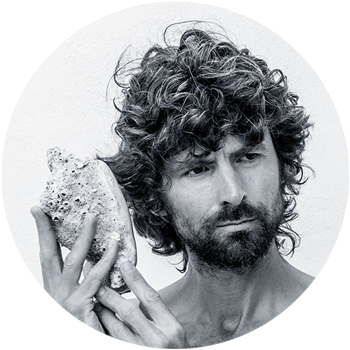
James Boag | Whole Life Yoga
The yoga of the whole human being. Practical philosophy, storytelling, movement, inquiry, looking in ways that reach beyond our habitual ways of looking.
Listen to James’ unique whole life yoga perspectives on the WHOLE LIFE YOGA podcast.

